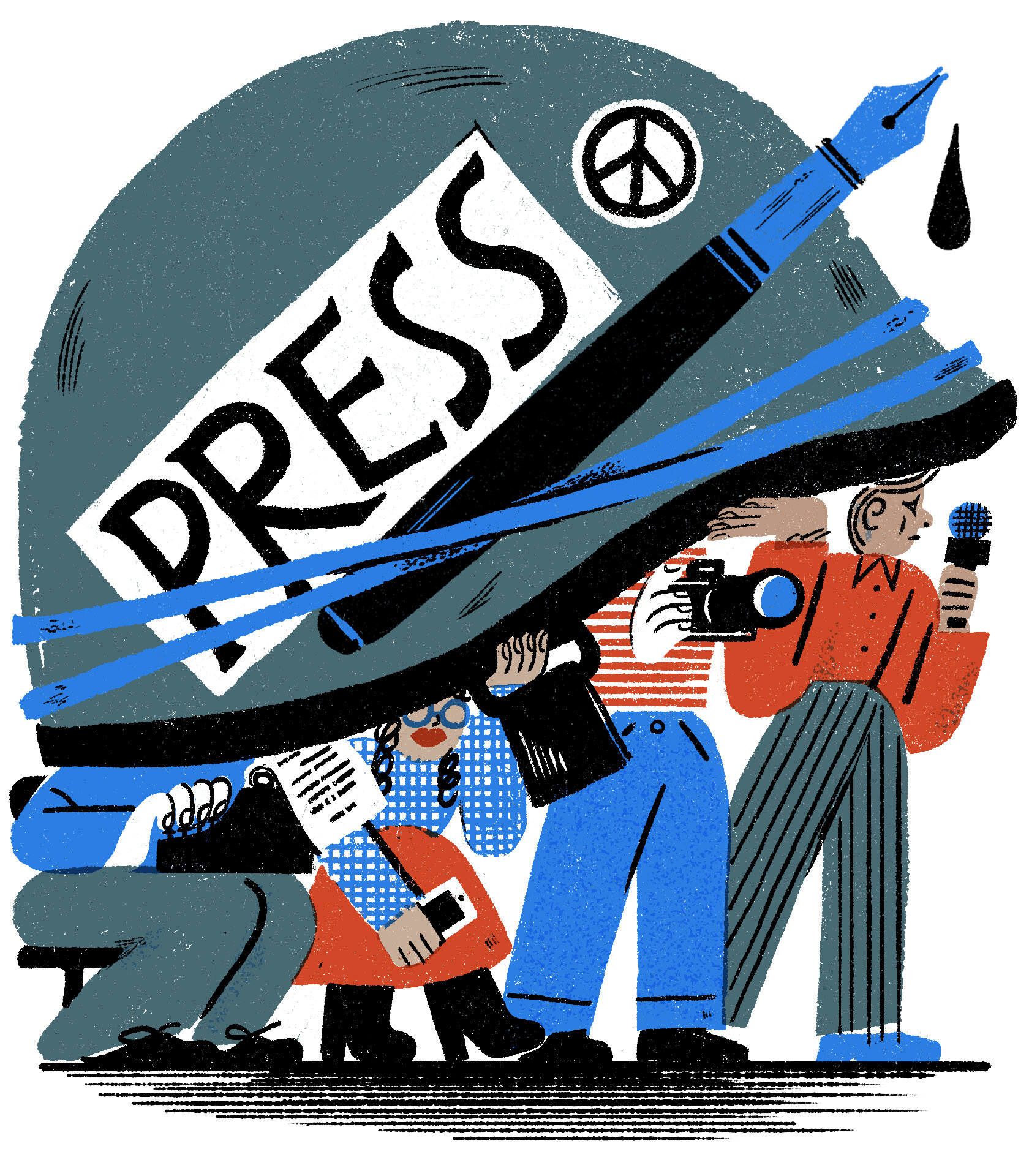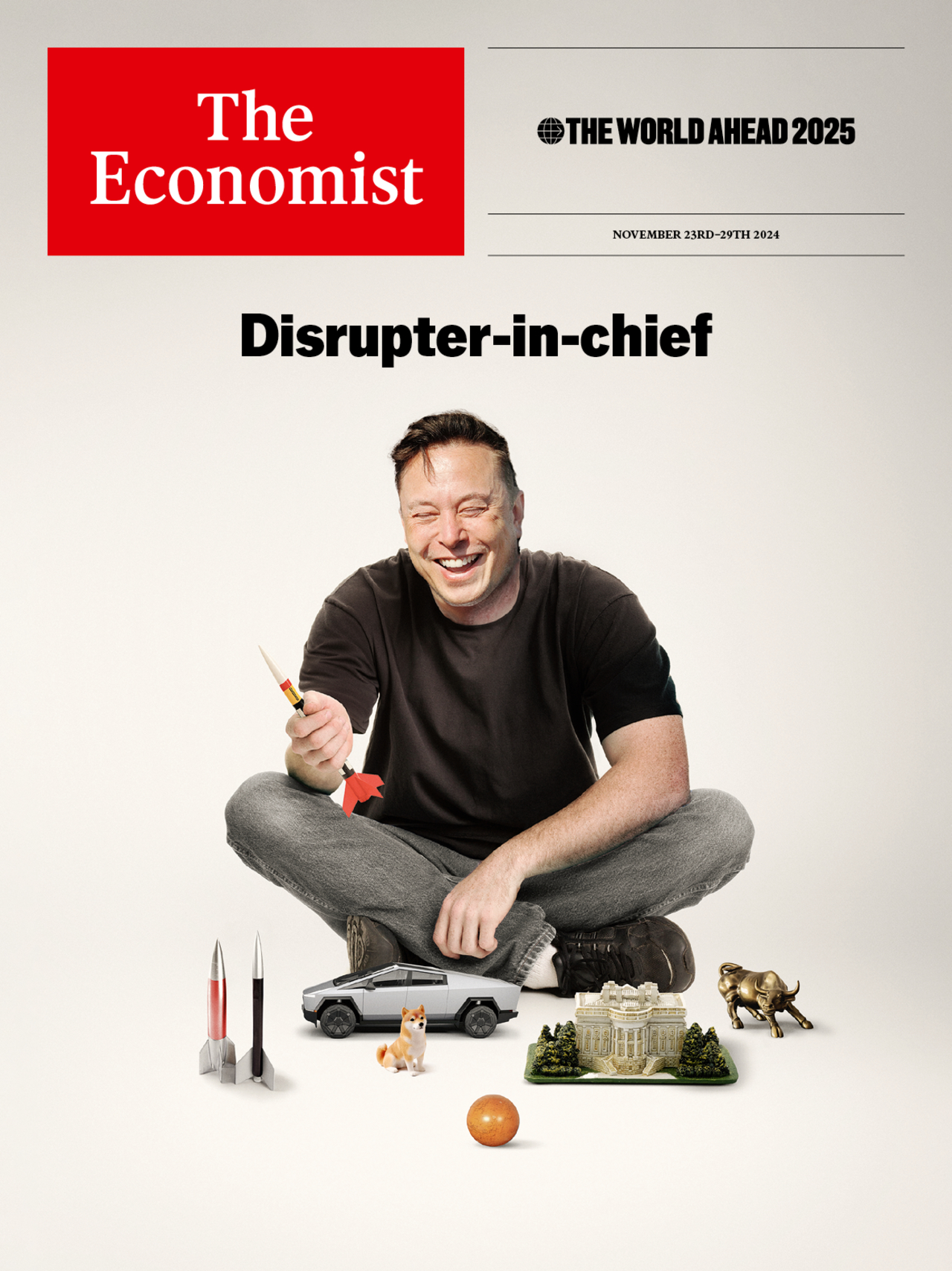The AI Revolution: A Threat to Independent Journalism?
As I sit down to write this article, I am reminded of the immense power of artificial intelligence (AI) in shaping our world. From chatbots to language models, AI has revolutionized the way we communicate, work, and live. However, as I delve deeper into the world of AI, I am struck by a sense of unease. The rise of AI-powered content generation has raised concerns about the future of independent journalism.
A recent lawsuit filed by a nonprofit news organization against OpenAI and Microsoft has brought this issue to the forefront. The lawsuit alleges that OpenAI’s AI model, ChatGPT, has been using copyrighted content without permission, threatening the very existence of independent newsrooms. This is not an isolated incident; several other media outlets and authors have also filed similar lawsuits against OpenAI and Microsoft.
The crux of the issue lies in the way AI models are trained. They rely on vast amounts of data, often scraped from the internet without permission or compensation. This raises questions about the ownership of content and the fair use doctrine. While AI developers argue that they are protected by fair use, content creators and publishers are crying foul.
The rise of AI-powered content generation has raised concerns about the future of independent journalism.
As I reflect on my own experiences as a journalist, I am reminded of the importance of original content. The relationship between a reader and a publication is built on trust, and when that trust is broken, the entire foundation of independent journalism is threatened. The rise of AI-generated content has the potential to disrupt this relationship, making it difficult for readers to distinguish between original and AI-generated content.
“It’s immensely dangerous,” said Monika Bauerlein, CEO of the nonprofit news organization. “Our existence relies on users finding our work valuable and deciding to support it.”
The lawsuit against OpenAI and Microsoft is a wake-up call for the industry. It highlights the need for a more collaborative approach between AI developers and content creators. While some news organizations have chosen to collaborate with OpenAI, others are fighting back. The outcome of this lawsuit will have far-reaching implications for the future of journalism.
 The rise of AI-powered content generation has raised concerns about the future of independent journalism.
The rise of AI-powered content generation has raised concerns about the future of independent journalism.
As I conclude this article, I am left with more questions than answers. Will AI-powered content generation spell the end of independent journalism? Can we find a way to balance the benefits of AI with the need to protect original content? The answers to these questions will shape the future of journalism and the way we consume information.


 Photo by
Photo by 











